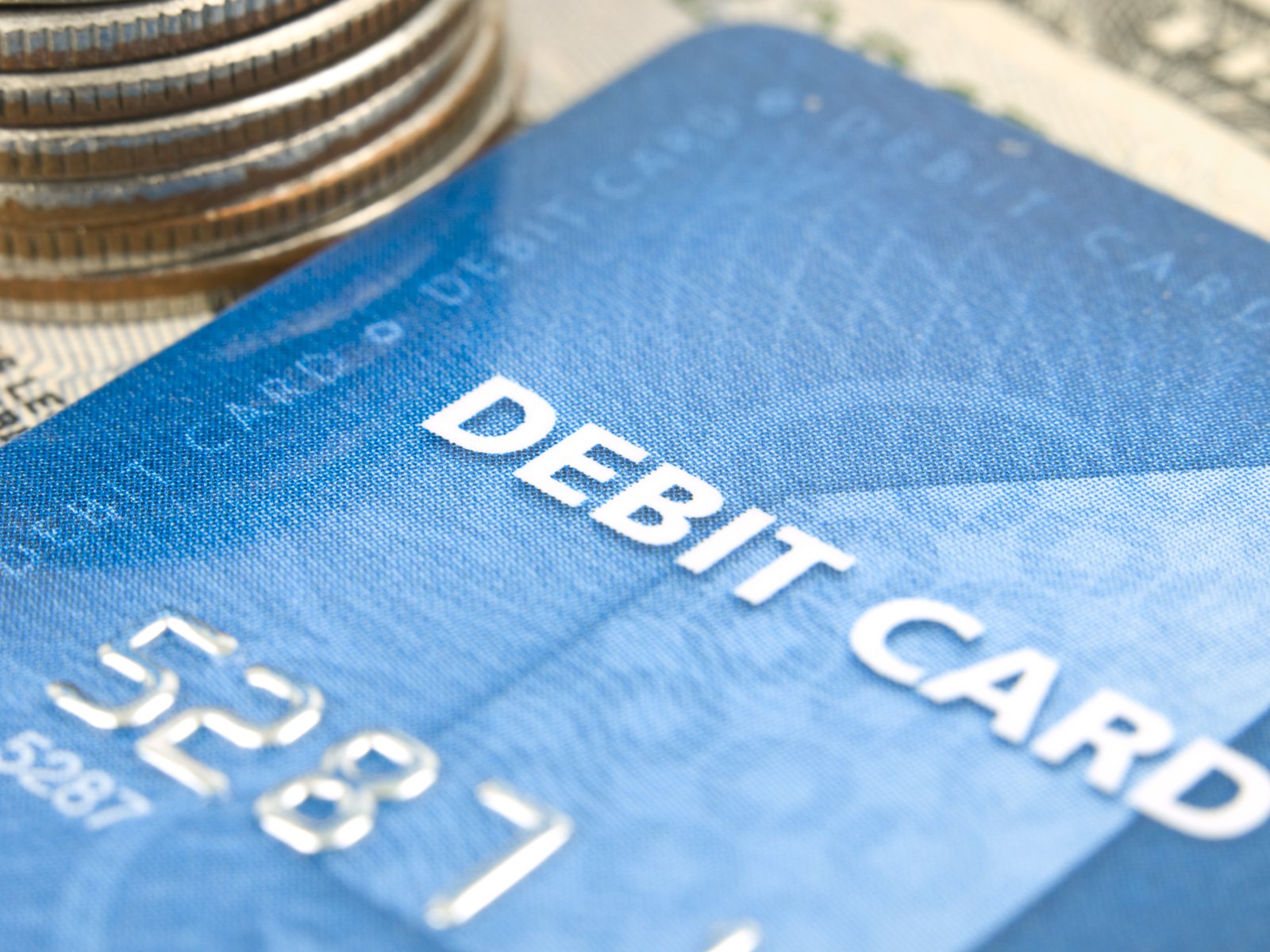Debit Cards
There are two types of debit cards:
- Direct debit
Allows for an immediate transfer of money from your bank account to the store’s account where you’re making a purchase, or at the ATM machine itself. These transactions require you to input your personal identification number (PIN). A direct debit card allows the system to check and make sure you have enough money in your account before it will process the transaction. - Deferred debit
Looks, walks, and talks like a Visa or Master Card. This transaction can be approved immediately, but may take several days to actually transfer the money from your account to the vendor’s. You are required to sign a receipt, which you should hang onto and record in your centralized records.
One of the most significant issues concerning the debit card is its confusion with the credit card. There are, in fact, some important differences of which you should be aware:
- If you qualify to open a bank account, you can get a debit card. Not necessarily true of a credit card.
- If you have a deferral debit card but choose to use it as a plain debit card, make sure you have enough money in your bank account to cover the charge since, unlike credit cards, the transaction will take place immediately.
- You can forget about purchases on a credit card until your statement arrives. If you do this with a debit card–and fail to record each transaction as it happens–you’ll reek havoc on your checking account.
- If someone steals your credit card, you’re liable only up to $50 of any charges they make to your account.
- If you report a debit card missing before someone uses it, you are not responsible for any unauthorized transactions. Your maximum loss is $50, if you report within 2 days after the loss. If you wait more than two days, but less than 60 days after the statement is sent to you, your maximum loss is $500. If you wait more than 60 days to report your missing debit card after your statement is sent to you, you are responsible for all the money taken from your ATM/debit card account. You are also responsible for money in accounts linked to the debit account.

